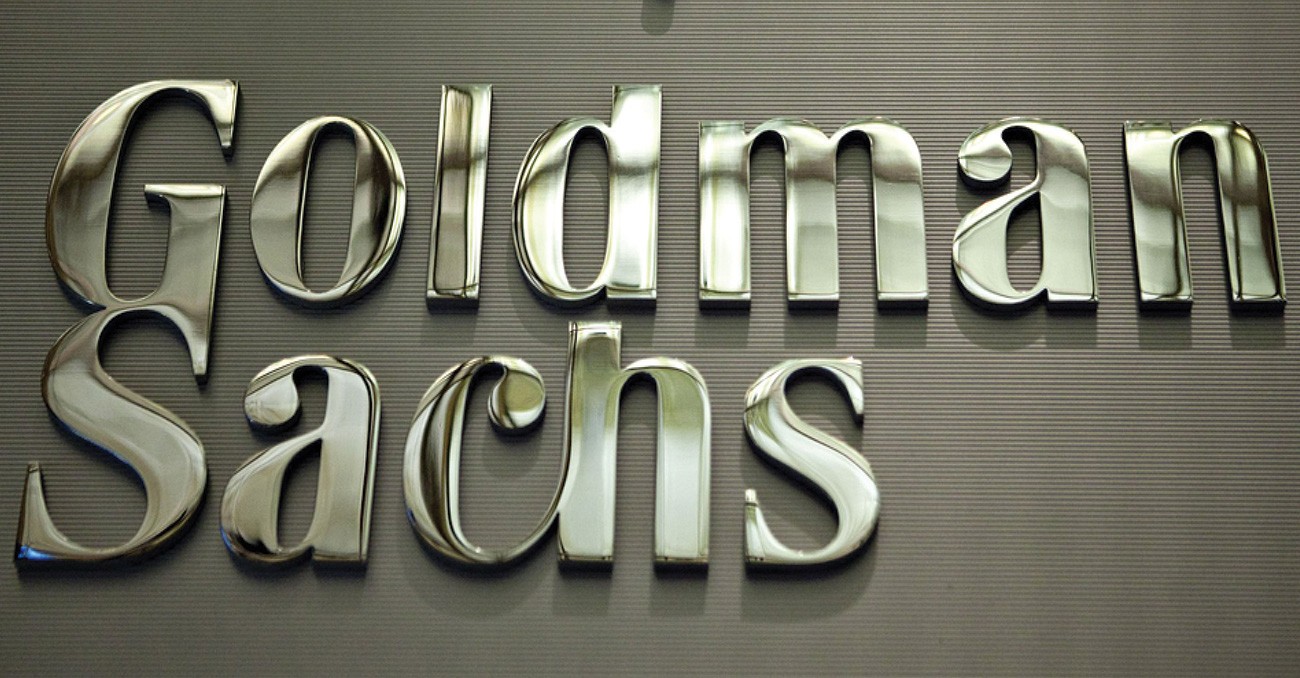Goldman Sachs has outlined three conditions that will allow Greece to successfully access debt markets in future.
In a report, GS analysts point out that markets will continue to treat the Greek economy as a special case that is prone to unforeseen shocks if the following prerequisites are not met:
The first is an agreement granting the country substantial debt relief. Despite the difficulties attached to this task, analysts point out that Greece’s debt will not be sustainable without it in the long term. In fact, as thing stand, the Greek sovereign debt is expected to swell in coming years, eventually leading to a fresh crisis.
The second prerequisite for a successful return to markets involved putting in place a cash buffer before the expiry of the ongoing bailout program in August. This will boost trust in the economy, analysts say, as was the case in the Irish, Portuguese and Cypriot bailout program. Greece, GS argues, will probably continue to apply strict fiscal policies in coming years, in contrast to the aforementioned countries. Crucially, a decision to disburse all the bailout funds to Athens will adequately support Greece.
The third prerequisite mentioned is for the post-bailout arrangement for Greece to attach a strong set of incentives encouraging future Greek governments to remain fiscally prudent. Strong post-program surveillance is advocated by analysts, in exchange for debt relief measures – a view shared by Greece’s European creditor institutions.
According to the report, Greece’s creditors have reason to support Greece’s successful and sustainable return to debt markets and these conditions will give the country a strong chance to achieve its goal.
However, analysts warn that the possibility of an early election immediately after the expiry of the current bailout in August will pose political risks, jeopardizing economic progress, especially if a hung parliament emerges. In any case, GS expects Athens to successfully conclude the bailout program in August.
Source: Zacharias Petrou/balkaneu
Ask me anything
Explore related questions





